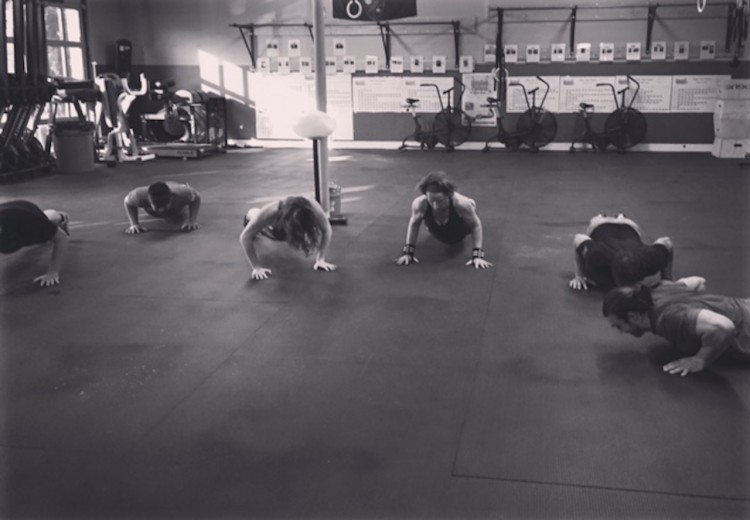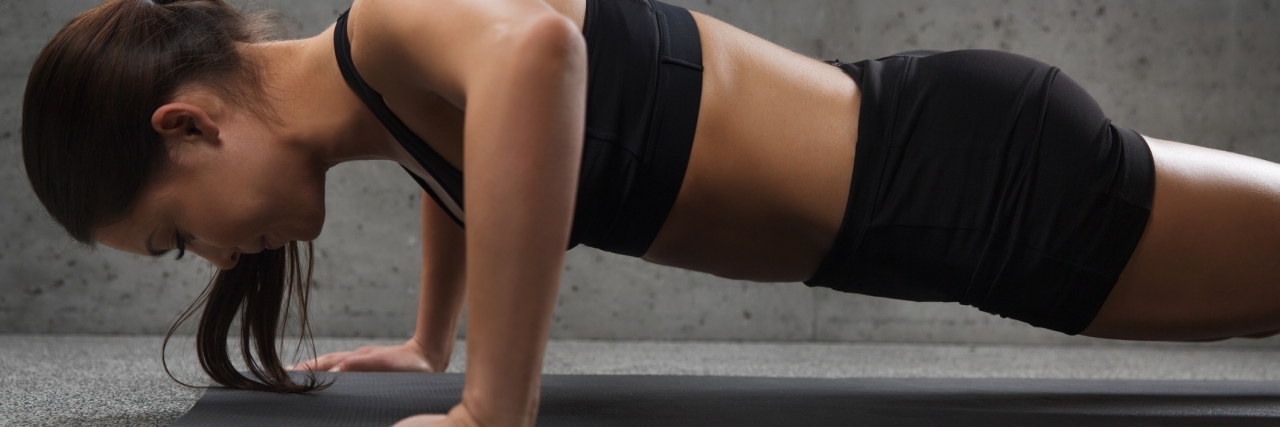Editor’s note: New data shows an average of 20 veterans take their life each day, so the numbers in this article have been adjusted accordingly.
Push-ups: 22 per day for 22 days to raise awareness that on average, 20 veterans lose their lives to suicide daily.
 With each press against the floor, I think of you.
With each press against the floor, I think of you.
When my triceps collapse from strain, I think of you.
As my form turns solid and my shoulders stabilize, I think of you.
The #22Kill movement, created in response to the Department of Veteran Affairs’ 2012 Suicide Data Report, works in conjunction with Honor Courage Commitment, Inc.. Together, they educate the public about mental health issues like post-traumatic stress disorder (PTSD) that can lead to suicide, and offer empowerment programs to transitioning military brothers and sisters.
#22Kill strives to “bridge the gap between veterans and civilians to build a community of support.” The final words to flash across the screen of the website’s video are “We’re here for you. We hear you.”
Today is day 22. As I post my last set of push-ups to social media and tag fellow CrossFitters to accept the challenge, I need you to know something:
I feel you.
I am a civilian. I have not sacrificed my life and time to protect our country’s freedoms, but I have survived child sexual abuse. I have experienced trauma. I know what it’s like to live with darkness, peer down the spiral and question the value of my life.
For 25 years, vigilance, control, mistrust and detachment managed the pain, angst, hurt and rage brought on by traumatic experience. But I found a way to push up — to rejoin life and contribute in a way I always imagined.
Treatment through therapy made the difference for me. With a pride too big, walls so thick and shame so deep, at first I couldn’t ask for help. I didn’t value myself enough to reach out; I thought vulnerability translated into weakness. There was peace in my solitude.
But I valued those who loved me. When I could no longer dodge my husband’s plea, when I reached the edge, feeling as if my skull might split, I answered this question:
Who do I have a responsibility to?
Mac (my husband) and our new marriage underwent many trials because of my trauma. I worried my mental health, in its current untreated state, would have a negative effect on our children. This was unacceptable and unfair. I resolved to do my part and agreed to keep the appointment Mac had made with a social worker on my behalf.
Once there, I harnessed the strength I had used to endure and suppress my experience to open wounds and talk.
The session discussions, albeit uncomfortable and scary at times, encouraged trust. With consistent support, I learned tools to help me tackle triggers, reframe the rage, be mindful of mood shifts, channel destructive tendencies into a safe and productive rush, express vulnerability and deepen relationships. I came to understand the genesis of my emotions, recognize they were typical for survivors and accept I wasn’t alone.
The likelihood of my full recovery is slim. But now, over a dozen years later, I’m equipped to fight the funk when it drives a heel into my back. With each win, trauma loosens its grip and I gain power.
I’ve also gained direction, purpose and most importantly, worth. I can approach parenting with a healthier perspective, contribute to a more loving, respectful, and meaningful marriage and pursue career goals, creative passions and fitness aspirations with assurance. I am a better friend, I know how to navigate social situations and I enjoy being with people.
Bad and unnatural things happened to me. My mind and body reacted to them. That doesn’t make me less deserving of a rich, positive and fulfilled existence. I have every right to be here — to push, to grow and to live.
And so do you.
If you or someone you know needs help, visit our suicide resources page.
If you need support right now, call the Suicide Prevention Lifeline at 1-800-273-8255.

